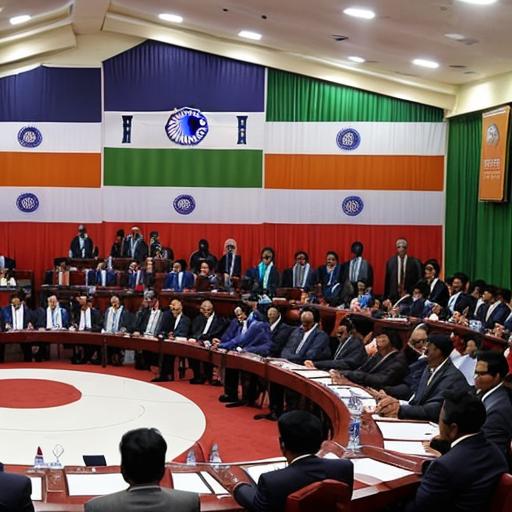Introduction:
In the vast and diverse landscape of Indian politics, the influence of regional parties has been both substantial and transformative. These political entities, often rooted in local issues and concerns, play a crucial role in shaping national policies. This blog aims to delve into the intricate tapestry of Indian politics and unravel the multifaceted role that regional parties have played in influencing and shaping the country’s overarching policies.
- Diversity and Representation:
India, with its myriad cultures, languages, and identities, is a mosaic of regions each with unique challenges and aspirations. Regional parties serve as the voice of these distinct regions, ensuring that the national policy landscape accommodates the diverse needs of the entire nation. By championing regional interests, these parties contribute to a more inclusive and representative governance. - Federalism in Action:
The Indian political system is inherently federal, with a division of powers between the central and state governments. Regional parties, often dominant in specific states, play a pivotal role in maintaining this delicate balance. Their participation in national politics ensures that the interests of states are safeguarded and that policies are not solely crafted from a centralized perspective. - Issue-based Advocacy:
Regional parties are typically born out of specific regional issues, be it water disputes, language concerns, or economic disparities. As a result, their agendas are finely tuned to address these challenges. When these parties participate in national politics, they bring these grassroots concerns to the forefront, compelling a more comprehensive and nuanced national policy framework. - Coalition Politics:
The era of coalition politics in India has witnessed regional parties playing a crucial role in the formation and stability of governments. In a scenario where no single party enjoys an absolute majority, regional parties become kingmakers, influencing the contours of national policies by leveraging their support for coalition governments. - Identity Politics:
Identity is a potent force in Indian politics, and regional parties often embody and champion the unique identity of the regions they represent. This can include linguistic, cultural, or even historical identities. By doing so, these parties ensure that national policies respect and preserve the distinctiveness of each region. - Economic Agenda:
Regional parties are not solely focused on parochial concerns; they also contribute to shaping the economic policies of the country. For instance, states with specific economic priorities, such as agriculture or industry, often find representation through regional parties in national policy discussions. - Social Justice and Welfare:
Regional parties frequently champion the cause of social justice and welfare, tailoring policies to address the specific needs of marginalized communities within their regions. When these parties play a role at the national level, they advocate for inclusive policies that uplift the entire nation.
Conclusion:
In conclusion, the role of regional parties in shaping national policies in India is a dynamic and integral aspect of the country’s political landscape. These parties, rooted in the diverse fabric of India, contribute to a more inclusive, representative, and nuanced governance. As India continues to navigate the complexities of its political terrain, understanding and appreciating the impact of regional parties is essential for a comprehensive analysis of the nation’s policymaking processes.

